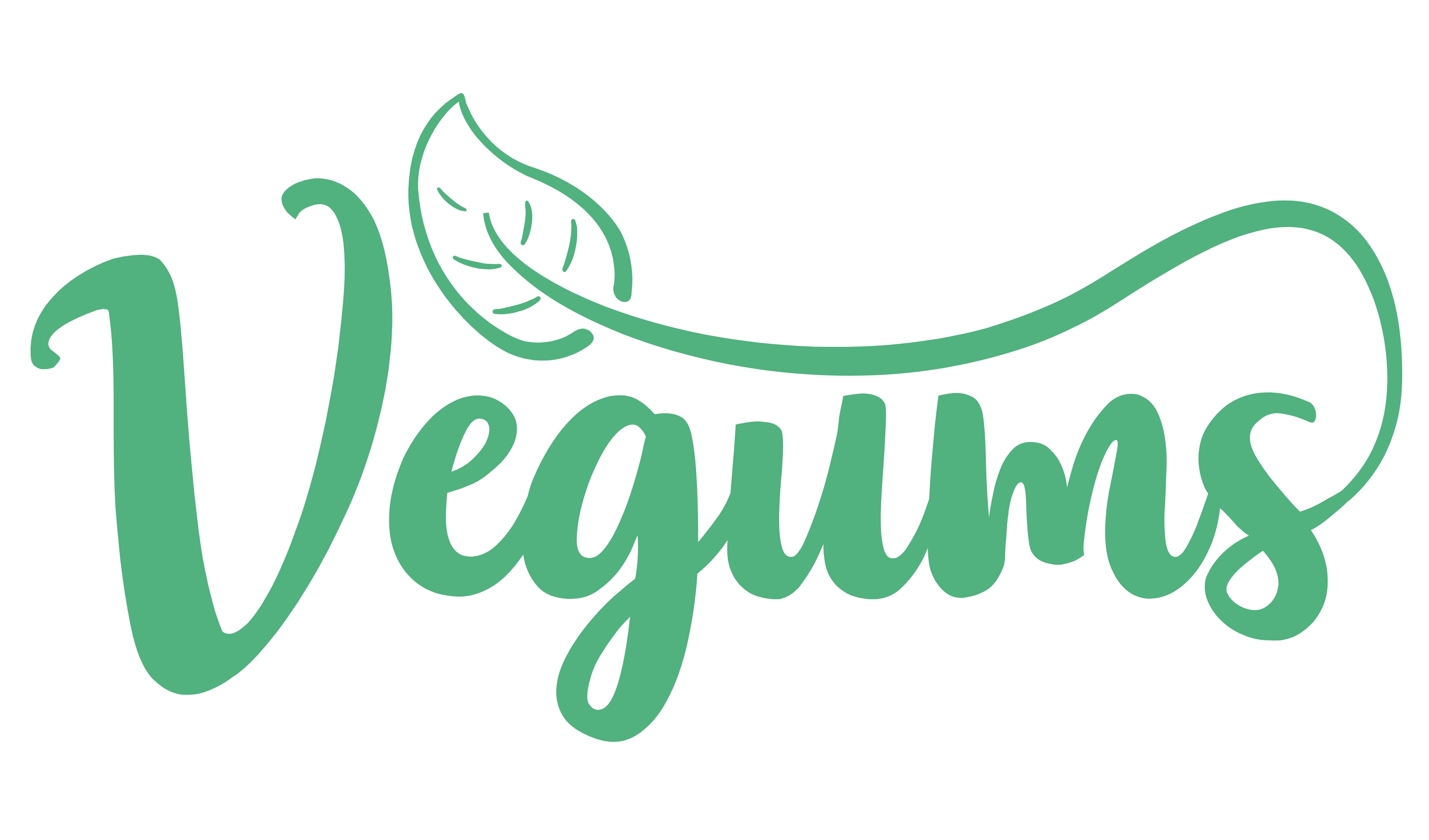While we’re approaching hot-vax summer, start thinking about your garden (the one outside, not your lockdown one…). Keep reading this article to know how to get started in vegan gardening.

Start your own compost
Composting is the natural process where your garden waste and leftover food is broken down together, creating an organic natural mix which is awesome for fertilising your garden plants when mixed in with their soil! To make the tastiest compost, known as ‘Black Gold’, it’s important to get a good mix of brown (twigs, branches, dead leaves) and green (grass clippings, fruit and veg scraps). Microorganisms such as bacteria, actinomycetes and fungi combine forces to do most of the heavy lifting in decomposing the plant material using a variety of enzymes to break down the organic materials. Invertebrates such as worms also contribute to the process by physically breaking down the materials. The time it takes to break down into compost varies, but you can tell when it’s ready to use as it will look dark and rich and feel crumbly with a smooth texture containing none of the original components, it’s also important it smells like rich earth rather than chemically or sour.

Plant flowers to attract bees
You probably know by now the importance of bees (who hasn’t seen Bee Movie?). But just in case, bees are one of the main pollinators which means they’re super important for the future of us and our planet; in fact, a third of the World’s food production depends on bees! Bees are dying, so we need to step in and do our best to help! Growing flowers that are rich in pollen and nectar not only makes your garden look stunning, but is one of the best ways to help our little buddies. While gardening you should also consider keeping some of those pesky weeds a little longer, weeds such as dandelions are the first flowers of Spring, meaning they help bees get off to a good start after awaking from hibernation!
Grow iron rich veggies
Stock your garden full of Iron rich veggies such as broccoli, string beans, dark leafy greens, potatoes, cabbage, even brussels sprouts (if you must..) and feel the excitement of eating the very things you’ve grown and cared for! In order to make the best of your veggie patch, make sure you use the super tasty compost we mentioned earlier as a natural fertiliser for your soil, and make sure your soil doesn’t contain peat as it’s bad for the environment! Always practice safe gardening with the “no-dig technique”, digging disrupts those lovely little microorganisms that are essential to healthy crops and breaks down essential structures. It’s also super important to remember to eat your crops when they’re ripe, before your next-door neighbour’s cat gets to them! For the best crop growing results, research into the best crops to suit your experience level and time you want to commit to the garden. Wondering what the best part of growing your own iron rich veg is? Showing the meat eaters on Instagram who’s really the iron boss!

Deter animals in safe ways
When trying to keep away the snails and bugs that want to feed on your veggies and plants, always use netting, scents or scarers instead of pesticides! Even if you’re bursting with a deep fiery hatred towards snails and slugs in your garden, remember that they are food for animals higher on the food chain such as birds, frogs, toads, hedgehogs and even your dogs and cats might give them a munch! Pesticides can be carried through the snail into the animals that eat them, causing them to get seriously unwell and upset. If that’s not enough to sway you, pesticides can also be harmful to humans and have been linked to a number of serious health issues and diseases such as respiratory illnesses and even cancer.
As awesome a gardener you’ll be after reading this, prepare to sacrifice some of your crops, after all our snail-y friends need to eat too!

